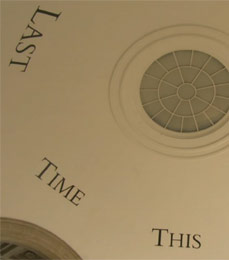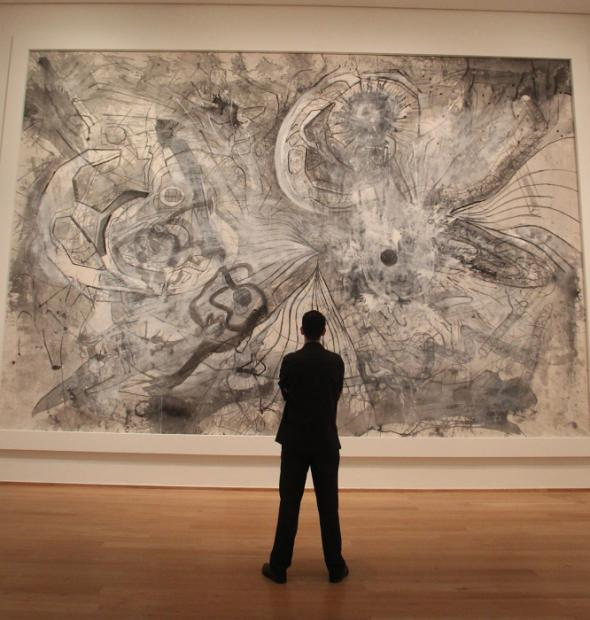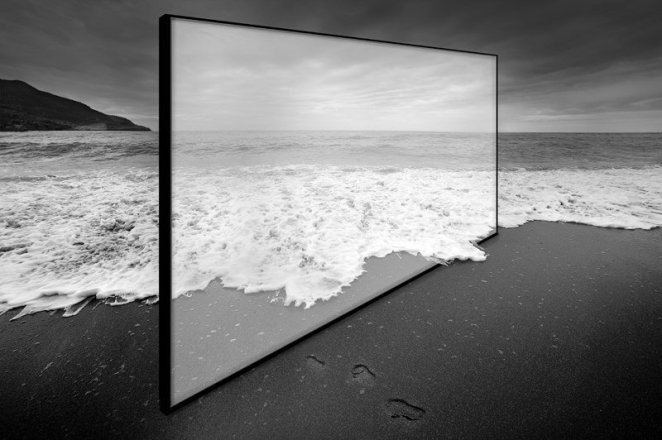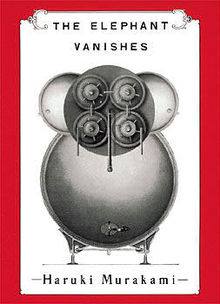“Based on the widely accepted DSM definition of delusions, delusions are commonly held to be false beliefs about reality that are not shared by the community the subject lives in and that are sustained despite overwhelming counter-evidence. In our paper, we argue that this conceptualization cannot be used for a scientific investigation of delusions. For this purpose, we argue, delusions should be defined as mental states with asymmetric inferential profiles: While they have inferential impact on other mental states, they are not affected by other mental states (especially not affected in a way that would lead to revision). This definition can be nicely captured in functional terms and summarized with the slogan that delusions are mental states that are immune to revision.” – Gottfried Vosgerau
philosophy
Object Reality
Mental pain is not a feature or consideration of diagnosis. Diagnosis is about classification, which implies a kind of authority and knowledge about symptoms apart from subjective experience because what the subject “knows” cannot be empirically measured and is, as a result, unreliable and cannot be considered knowledge. Diagnosis depends on systematic interpretation of phenomena that, in the case of schizophrenia, resist classification, and, on the grounds of that fact, figure as hallmarks of a disease that remains unknown. Schizophrenia is defined on the basis of what it is not–normal, reasonable, sane. Much like the aesthetic category of the sublime, schizophrenia is understood as that which cannot be classified, and is unknown. The sublime overwhelms reason; in schizophrenia, psychosis overwhelms in this way. Cognitive function in schizophrenia, however, is impaired, and yet the perception of psychotic phenomena is accurate. Objective reality is replaced with subjective experience that cannot make sense because it is deceptive, even though it is real.
The Sublime Object
 “The Sublime may be described in this way: It is an object (of nature) the representation of which determines the mind to regard the elevation of nature beyond our reach as equivalent to a presentation of ideas.” – Kant: 1964, 119.
“The Sublime may be described in this way: It is an object (of nature) the representation of which determines the mind to regard the elevation of nature beyond our reach as equivalent to a presentation of ideas.” – Kant: 1964, 119.
To this, Zizek replies that, by means of the failure of representation, we can have a sense of the true dimension of the Thing. It causes displeasure because we cannot know it as a concept. We can only know it as an object. That the sublime is unknown is what makes it sublime. Insanity is the same thing.
Schizophrenic Brain Perception
Timing may be “off” in schizophrenic brain perception, causing effects of actions to seem to precede the cause. What this means is that the linear sequence of cause and effect is disordered and what is called “credit misattribution”, otherwise known as hallucination, is the result.






